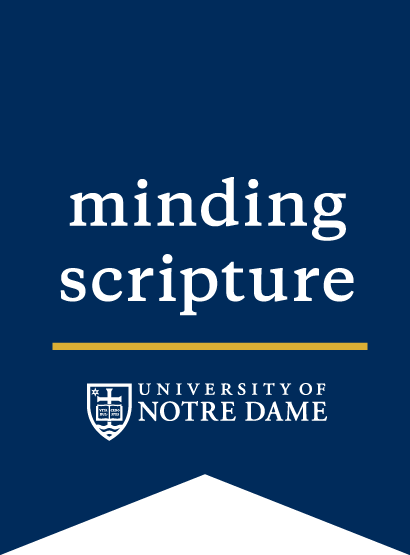Show Notes
Jesus is a figure of great importance in the holy scripture of Islam, in the Qur’an. The portrait of Jesus in the Qur’an has many common features with that of the New Testament, but in key points, including his divinity and crucifixion, it differs. Can belief in Jesus join together Christians and Muslims, then?
The Qur’an accepts Jesus’ virgin birth, by including an account of the Annunciation to Mary, and by stressing that Mary, the only woman named in the Qur’an, was chosen and purified by God over all other women. Jesus is called ʿĪsā ibn Maryam (Jesus, Son of Mary), which emphasizes his humanity, and can also be read as an anti-Christian polemic to deny his divinity. At the same time, the Qur’an also counters Jewish disbelief in Jesus as the Messiah by using the name al-Masih (the Arabic word for Messiah, or Christ, the exact meaning of which is not explained in the Qur’an).
Jesus works miracles in the Qur’an, some of which overlap with New Testament accounts (such as the healing of a blind man and a leper), while others are not recorded in the canonical Gospels at all: by the permission of God, he breathes life into clay to create a bird, for instance. Rather than affirming Jesus’ divinity, these miracles seek to support the authenticity of his prophethood. In a similar vein, the Qur’anic account is ambiguous and many Muslims believe that someone else took the place of Jesus on the Cross.
The different layers of Christology in the Qur’an provide the basis for an engaging dialogue regarding Jesus, Islam, and Christianity.
Further Reading:
Tarif Khalidi, The Muslim Jesus (Cambridge: Harvard University Press, 2003)
Gabriel Said Reynolds, The Qurʾān and Its Biblical Subtext (London: Routledge, 2010)
Gabriel Said Reynolds, The Qurʾān and the Bible: Text and Commentary (Yale University Press, 2018)
Mun’im Sirry, Scriptural Polemics: The Qur’an and Other Religions (Oxford University Press, 2014)
IMAGE CREDIT: Shannon Lacy Photography.
